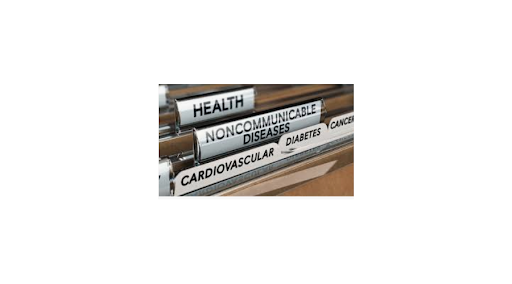It has been announced that the National Referral Hospital will again resume “normal services” in attending to patients health care needs, other than having to contend with those presenting with Covid-19 symptoms.
Covid-19 has occasioned more than 50 deaths in the country since the virus, said to be the Delta variant, gained a foothold, initially in Honiara, and has spread to nearly all provinces and proving a major health crisis for the MHMS and the government to have to deal with by an extended roll out programme of WHO approved vaccines, SOE regulations andadvice on self-isolation at home and health and safety instructions regarding the wearing of face masks, safe distancing and frequent hand washing.
The deaths from Covid-19 are very much regretted and might have been avoided if better attention had been given to the advice about getting fully vaccinated before the coronvirus gained a hold.
There are far more deaths occurring in the Solomon Islands year on year from non communicable diseases (NCDs) induced by tobacco use, a lack of physical inactivity, obesity, an unhealthy diet and the harmful use of alcohol, especially the unlawful consumption of “kwaso,” a form of home brew.
NCD’s cause heart and lung disease, cancer, diabetes and several other associated diseases, as well as many amputations from contracting diabetes, a great concern of mine given the many former patients still to be helped with an artificial leg or artificial foot after having had surgery for their limbs removal.
I fully appreciate it is not the right time to be calling on the government to devote more atention to planning for a fresh national strategic plan for NCD prevention and control with a vision, mission, and objectives, for national NCD goals and targets, setting out the guiding principles for action within the strategic areas and priority actions.
It must be done, however, as soon as practicable to strengthenmulti-sectoral collaboration (& strengthen the health sector response ) for alleviation of the burden of avoidable and premature morbidity, disability and mortality due to NCDs and so to promote a healthier goal in accordance with a re-defined National Development Plan to significantly reduce the prevalence of non-communicable chronic diseases.
In view of the seriousness of NCDs, I believe part of a re-defined strategic national plan in tackling non communicable disease, in the context of the Solomon Islands, must examine the behavioural risk factors involving the harmful use of smoking and excessive alcohol consumption and insufficient physical activity leading to obesity, as well as an inappropriate diet, as a variant from the traditional diet of Solomon Islanders, consisting these days of imported food and drinks containing too much saturated fats, salt and sugar.
The WHO could help with drawing up a new strategic plan on ways to prevent and control NCD diseases and no time should be lost, even while currently engaged in trying to combat the further transmission of the coronavirus pandemic, in getting advice and guidance for the real health challenge the nation faces – a challenge putting increasing pressure on the limited health services, especially at the NRH, but one with the highest rate of mortality, disability, heart attacks, strokes and cancer.
Yours sincerely
Frank Short



